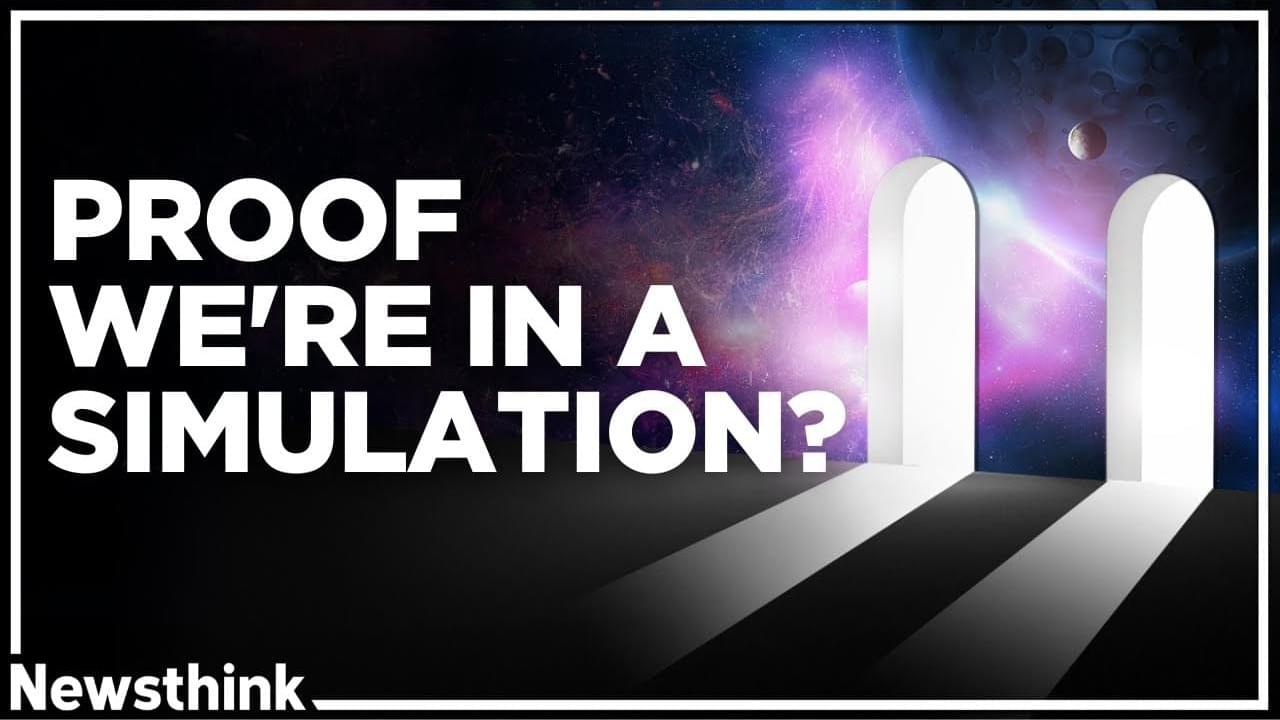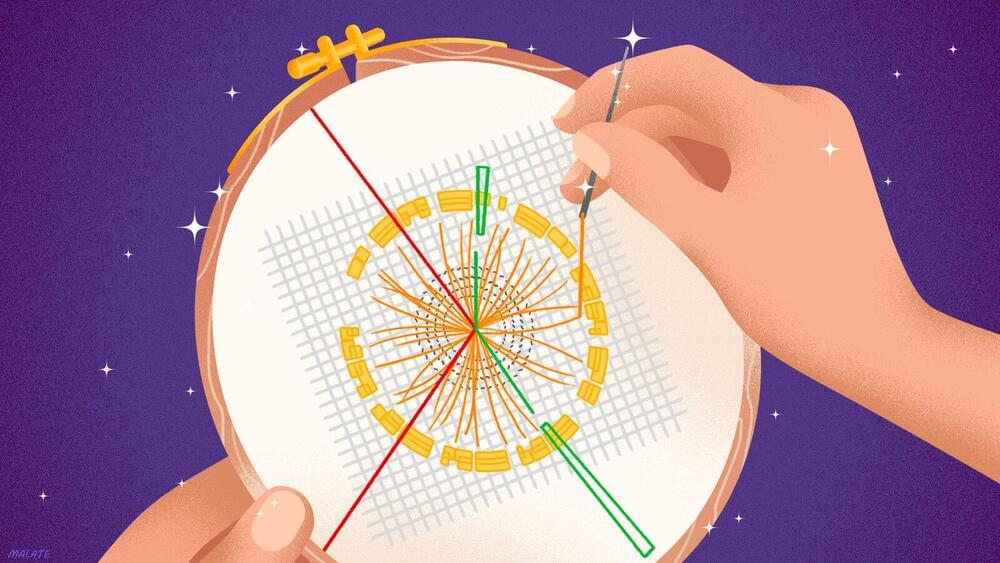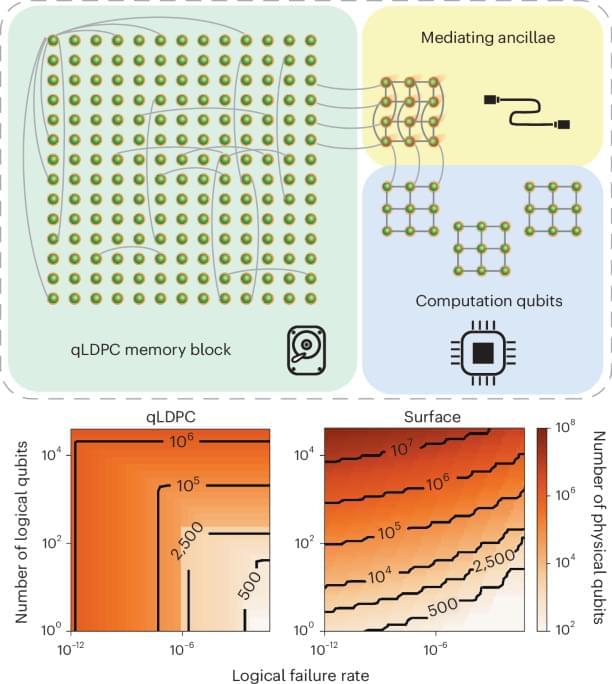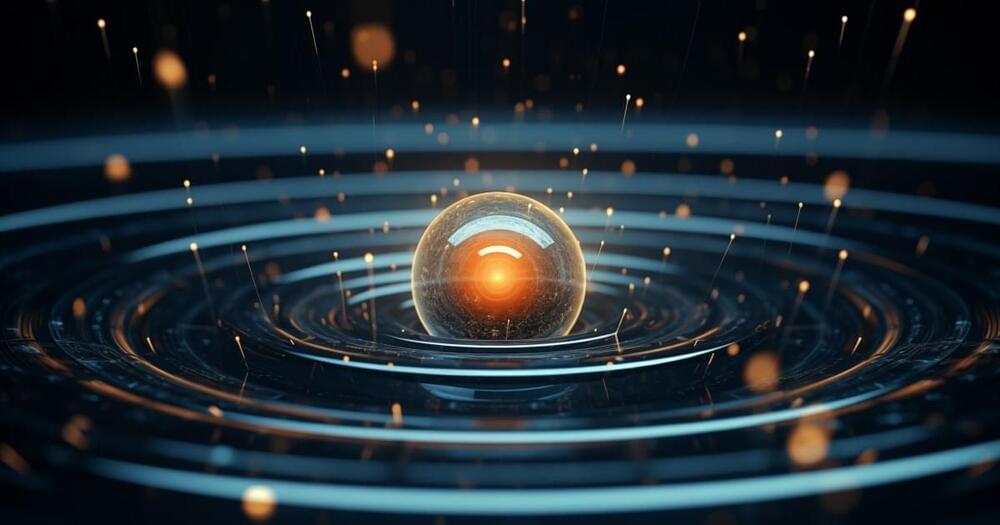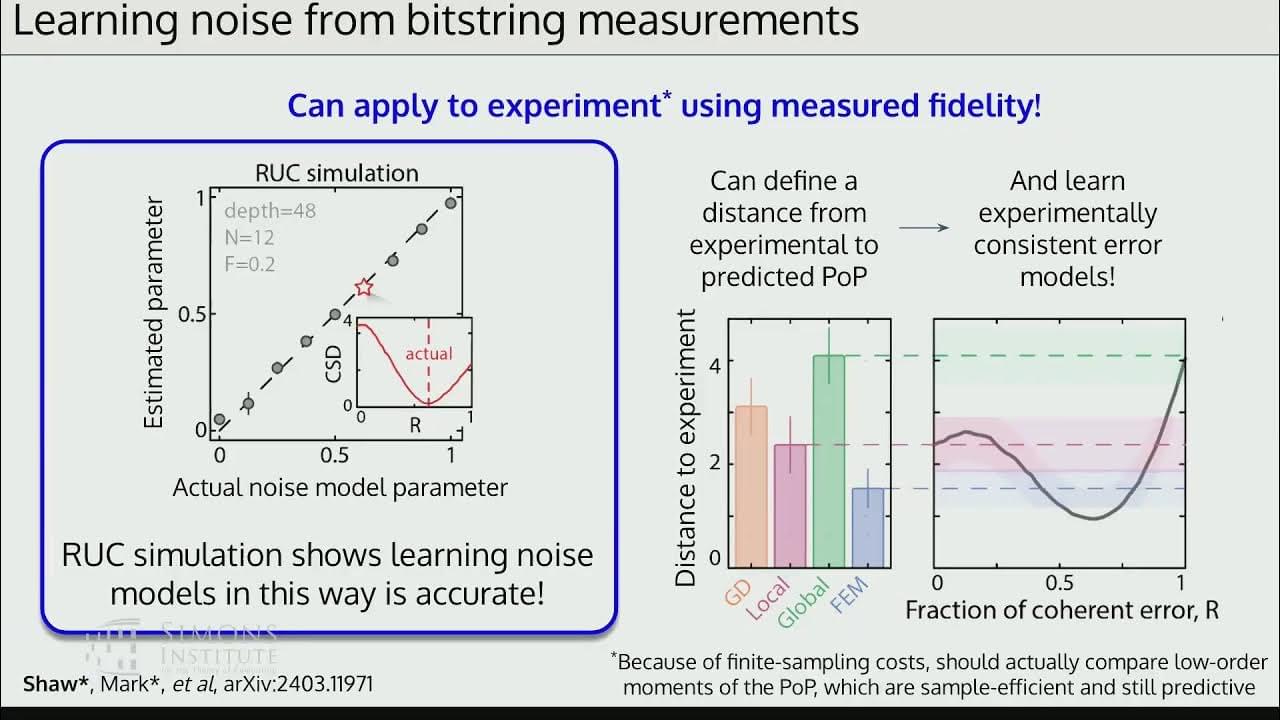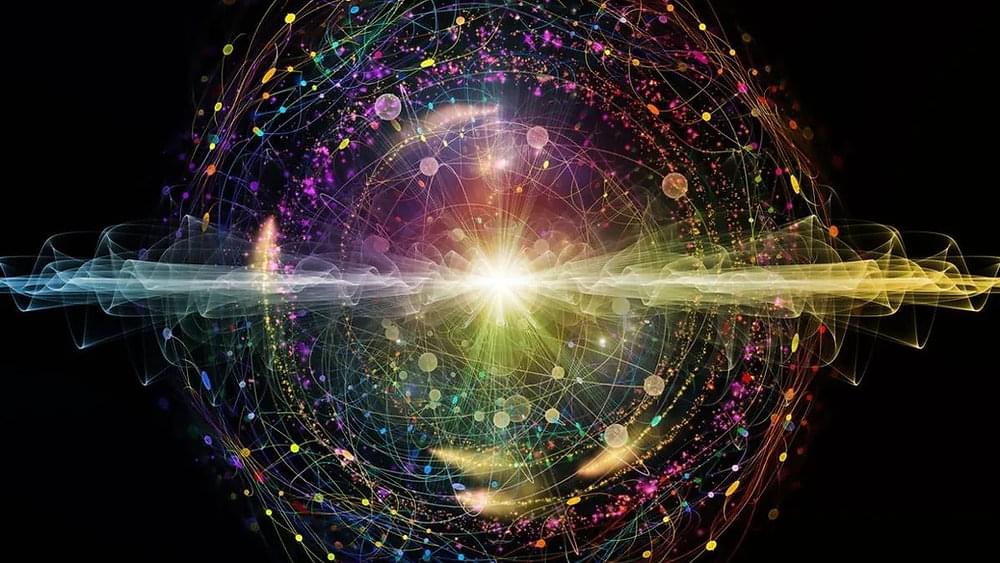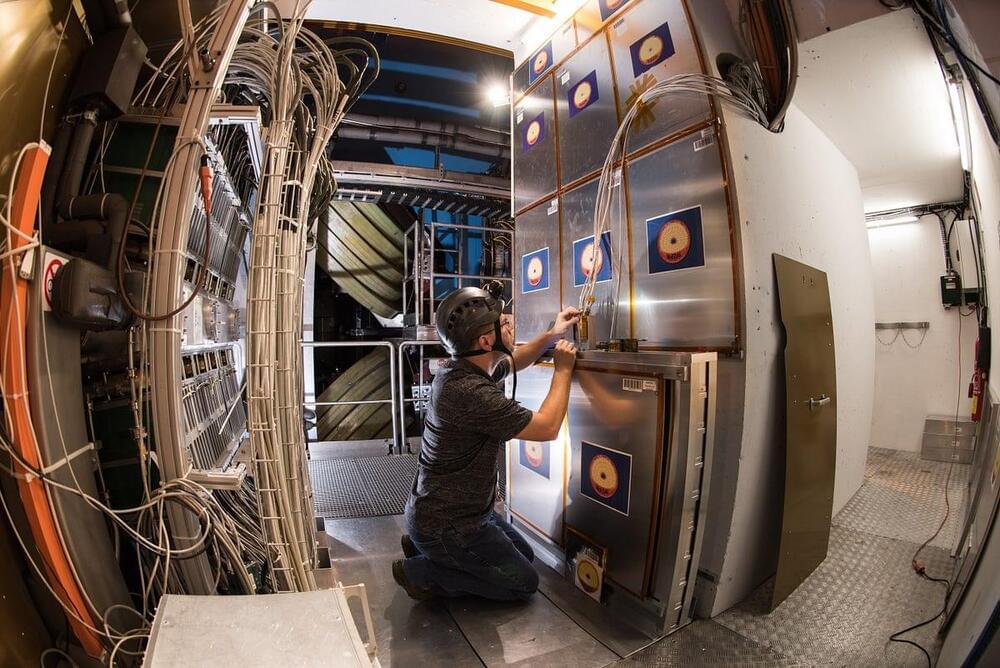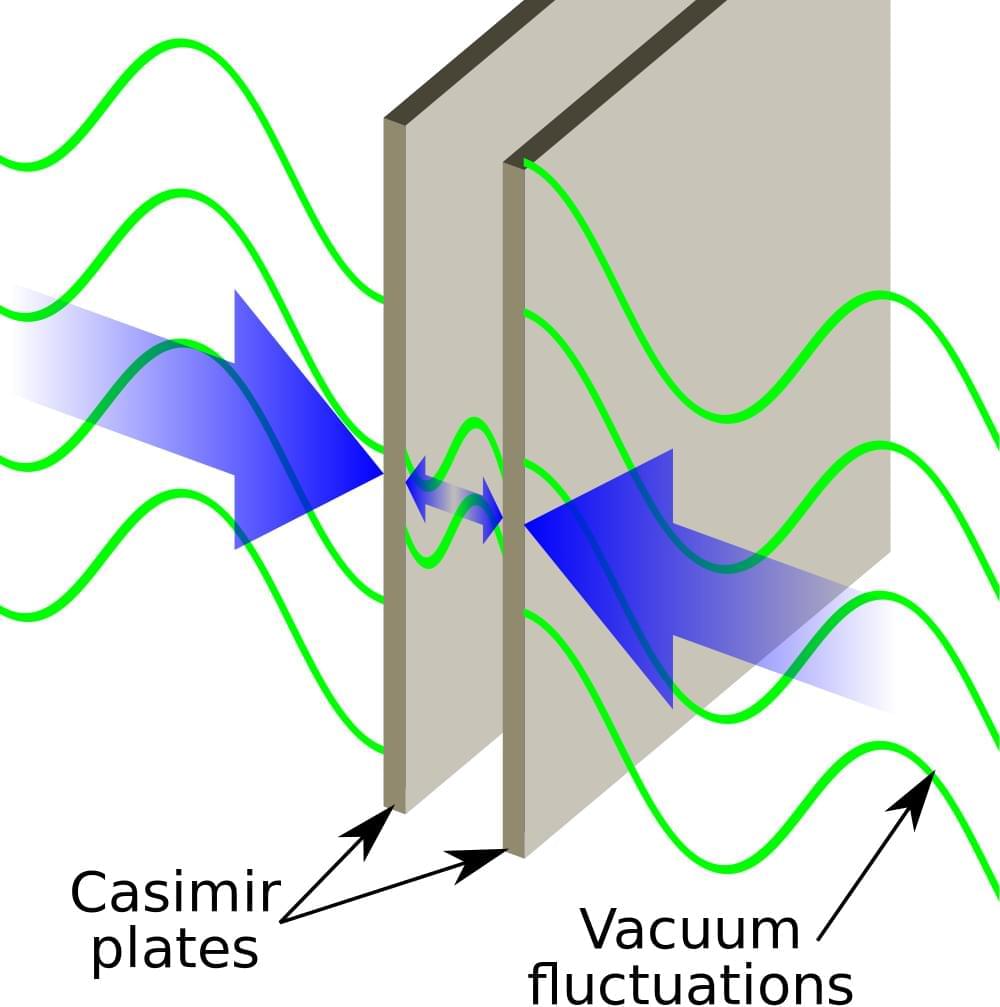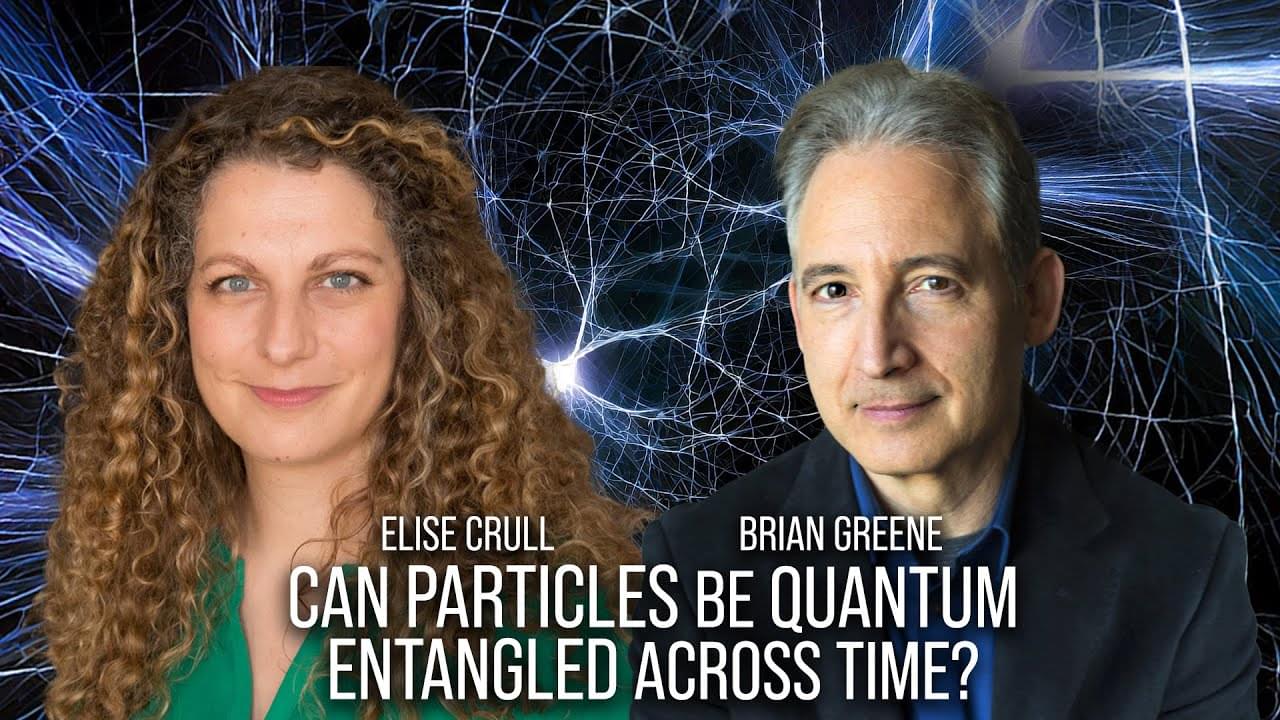
ARMONK, N.Y., April 30, 2024 — Today, IBM (NYSE: IBM) has announced an agreement with RIKEN, a Japanese national research laboratory, to deploy IBM’s next-generation quantum computer architecture and best-performing quantum processor at the RIKEN Center for Computational Science in Kobe, Japan. It will be the only instance of a quantum computer co-located with the supercomputer Fugaku.
This agreement was executed as part of RIKEN’s existing project, supported by funding from the New Energy and Industrial Technology Development Organization (NEDO), an organization under Japan’s Ministry of Economy, Trade and Industry (METI)’s “Development of Integrated Utilization Technology for Quantum and Supercomputers” as part of the “Project for Research and Development of Enhanced Infrastructures for Post 5G Information and Communications Systems.” RIKEN has dedicated use of an IBM Quantum System Two architecture for the purpose of implementation of its project. Under the project RIKEN and its co-PI SoftBank Corp., with its collaborators, University of Tokyo, and Osaka University, aim to demonstrate the advantages of such hybrid computational platforms for deployment as services in the future post-5G era, based on the vision of advancing science and business in Japan.
In addition to the project, IBM will work to develop the software stack dedicated to generating and executing integrated quantum-classical workflows in a heterogeneous quantum-HPC hybrid computing environment. These new capabilities will be geared towards delivering improvements in algorithm quality and execution times.
